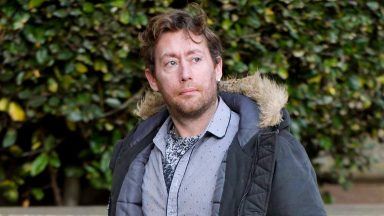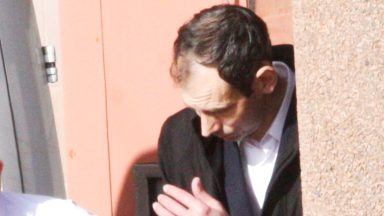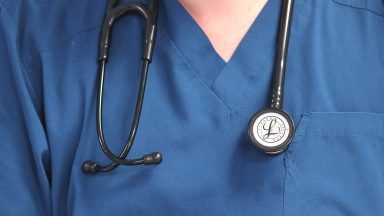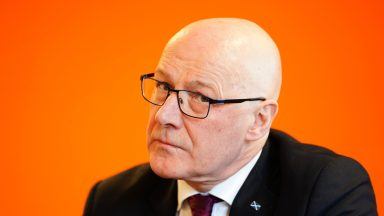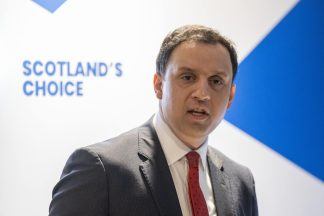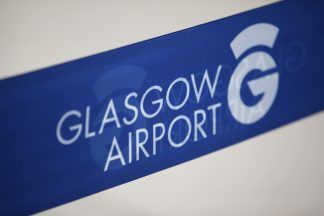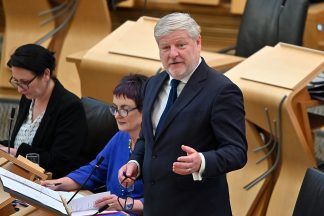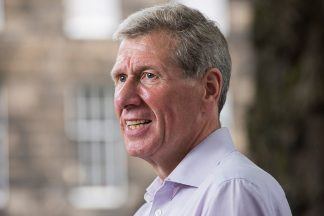Boris Johnson has accepted that MPs were misled by his partygate statements – but insists they were made in “good faith”.
The former prime minister’s written defence of his partygate response has been published ahead of his appearance in front of MPs on the Privileges Committee on Wednesday.
Johnson wrote: “So I accept that the House of Commons was misled by my statements that the rules and guidance had been followed completely at No 10.
“But when the statements were made, they were made in good faith and on the basis of what I honestly knew and believed at the time. I did not intentionally or recklessly mislead the House on December 1, 2021, December 8, 2021, or on any other date. I would never have dreamed of doing so.”
The committee is investigating whether Johnson lied to Parliament over Covid-rule breaking at parties in Downing Street.
If he is found to have intentionally misled Parliament, he could be found to have committed a contempt of Parliament.
A suspension of more than 10 days could result in a high-profile by-election in his Uxbridge and South Ruislip seat.
The full House of Commons would vote on any recommendations put forward by the committee.
Johnson conceded in his evidence to the Privileges Committee that his statements to Parliament “did not turn out to be correct”, but insisted he corrected the record at “the earliest opportunity”.
“It is of course true that my statements to Parliament that the Rules and Guidance had been followed at all times did not turn out to be correct, and I take this opportunity to apologise to the House for that,” he said.
“As soon as the Sue Gray investigation and the Metropolitan Police investigation had been concluded, I corrected the record. I believed – and I still believe – that this was the earliest opportunity at which I could make the necessary correction.
“It was not fair or appropriate to give a half-baked account, before the facts had been fully and properly established, including into many events about which I had no personal knowledge.”
Johnson insisted “there is no evidence at all that supports an allegation that I intentionally or recklessly misled the House”.
“Some of those who attended the relevant events wished me ill and would denounce me if I concealed the truth from the House. Far from achieving a ‘cover-up’, I would have known that any deception on my part would lead to instant exposure.”
He added that it was “implausible” that pictures would have been taken by the official No 10 photographer if he had known the events were “obviously” against the rules.
Johnson described the allegation that it was reckless of him to rely on assurances from trusted advisers as “unprecedented and absurd”.
He said: “It was self-evidently reasonable for me to rely on assurances that I received from my advisers.
“There is not a single document that indicates that I received any warning or advice that any event broke or may have broken the Rules or Guidance.”
He also claimed it was “illogical” to suggest there had been a “cover-up” of the gatherings during the lockdown.
He insisted that, other than the “assertions of the discredited Dominic Cummings”, his former chief aide, there is “not a single document that indicates that I received any warning or advice that any event broke” the rules.
Johnson urged the committee not to treat Mr Cummings as a “credible witness” because of his “animosity towards me”.
The Privileges Committee said Boris Johnson’s final written evidence did not arrive until 8.02am today because the original contained “a number of errors and typos”.
“Mr Johnson’s written submission contains no new documentary evidence,” the group added.
Follow STV News on WhatsApp
Scan the QR code on your mobile device for all the latest news from around the country






